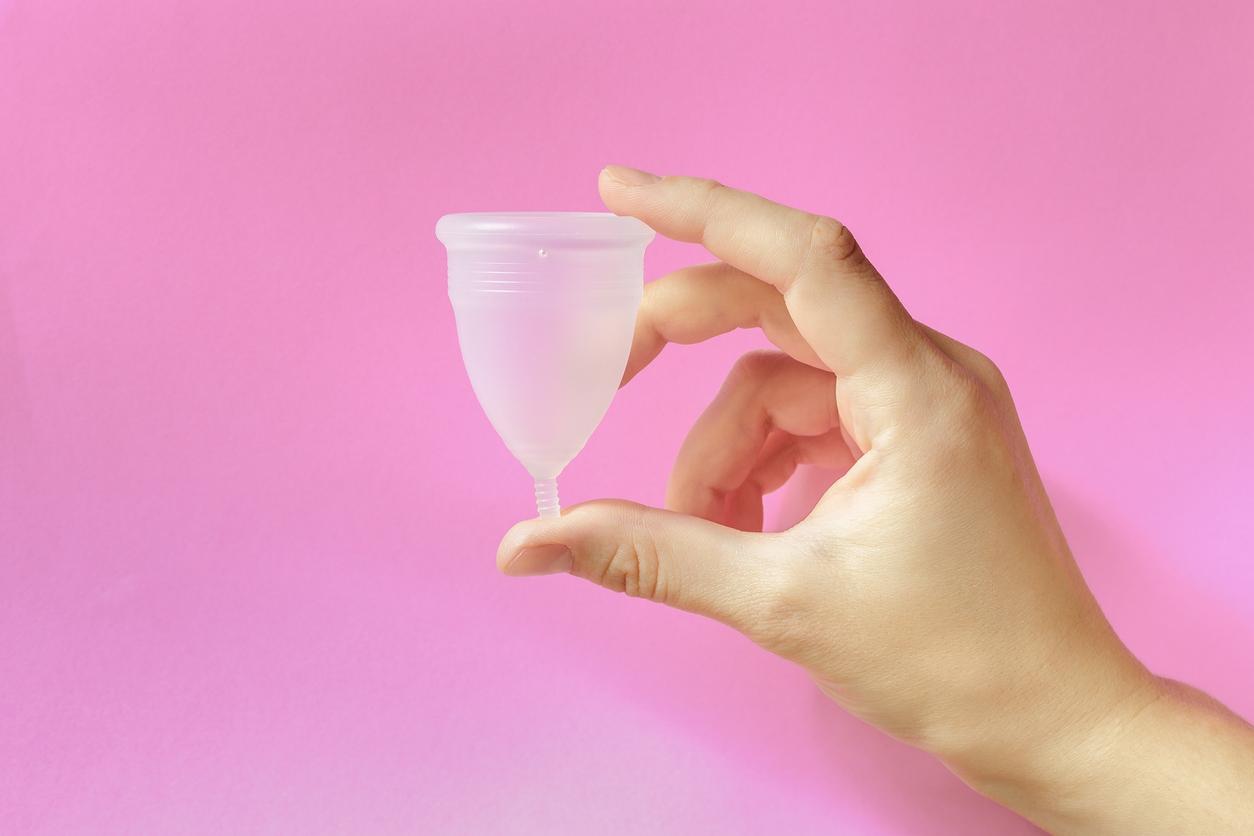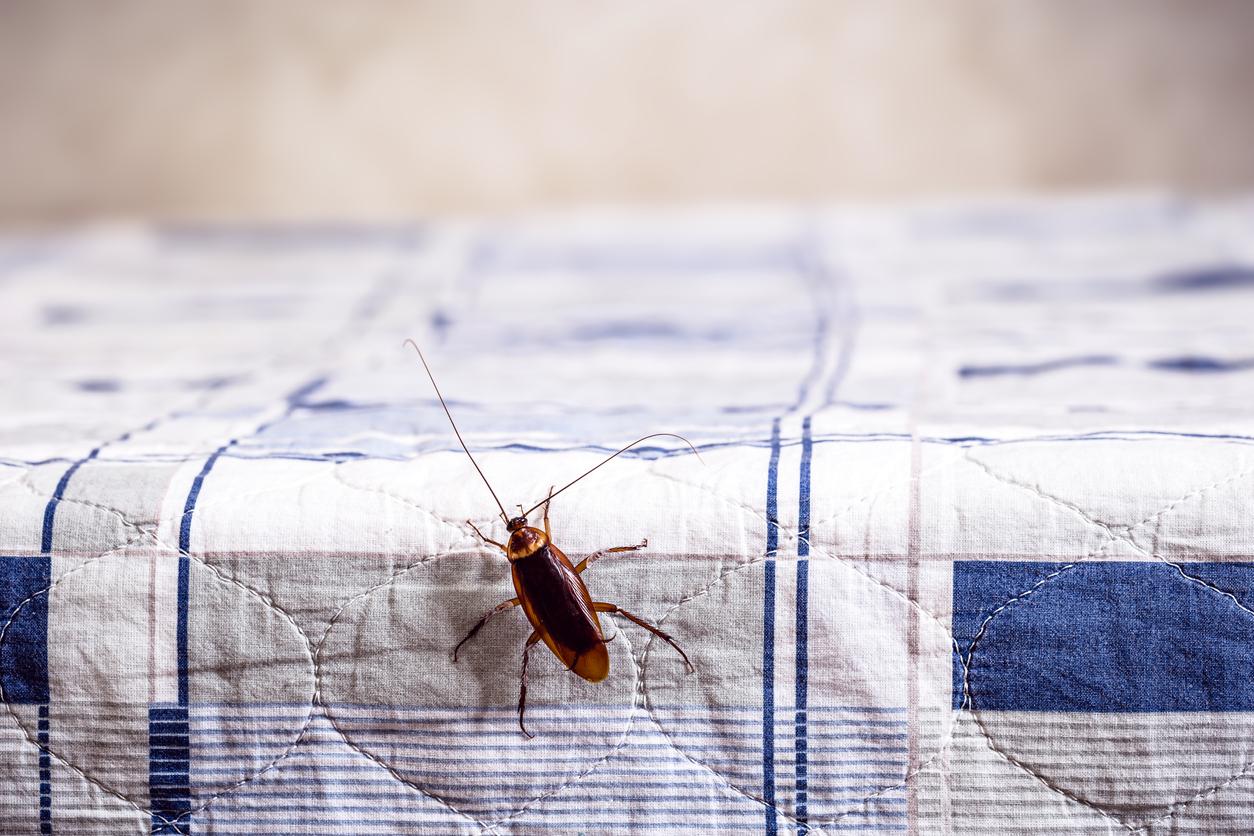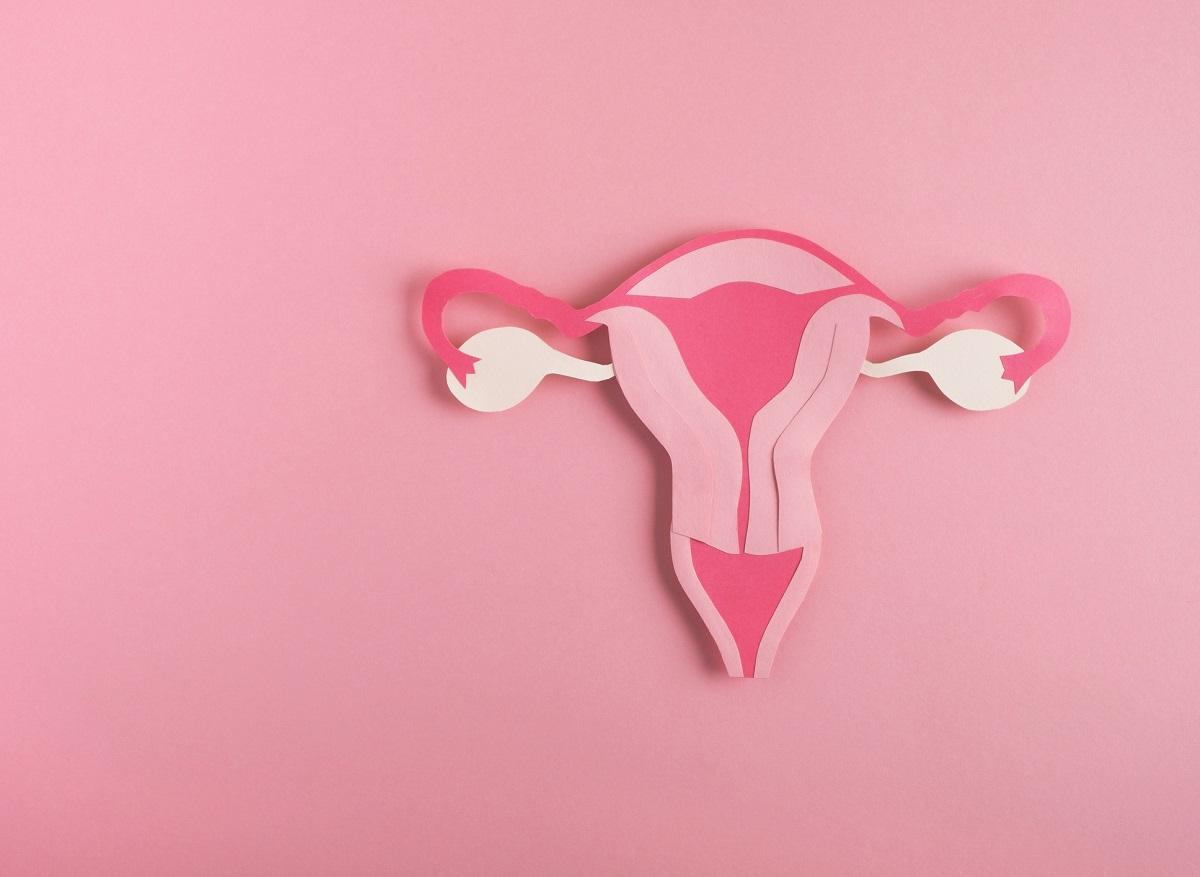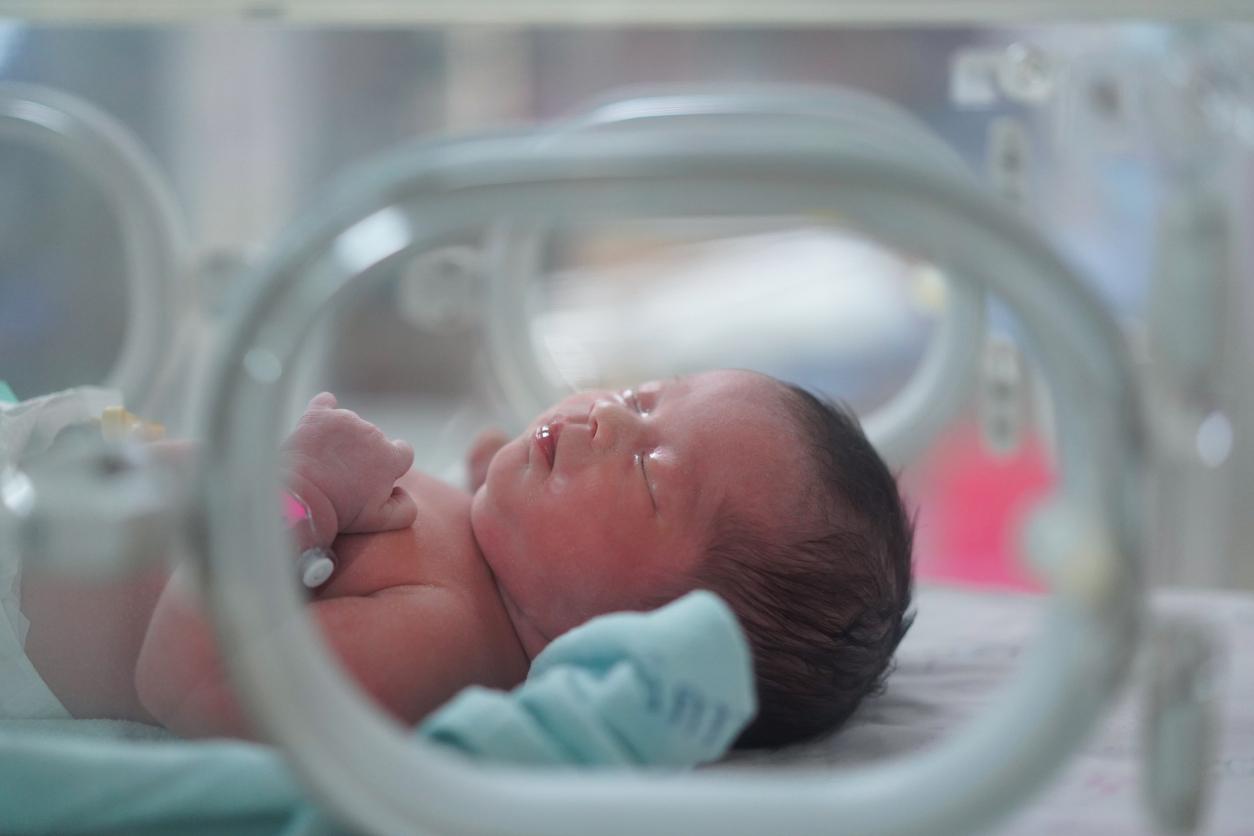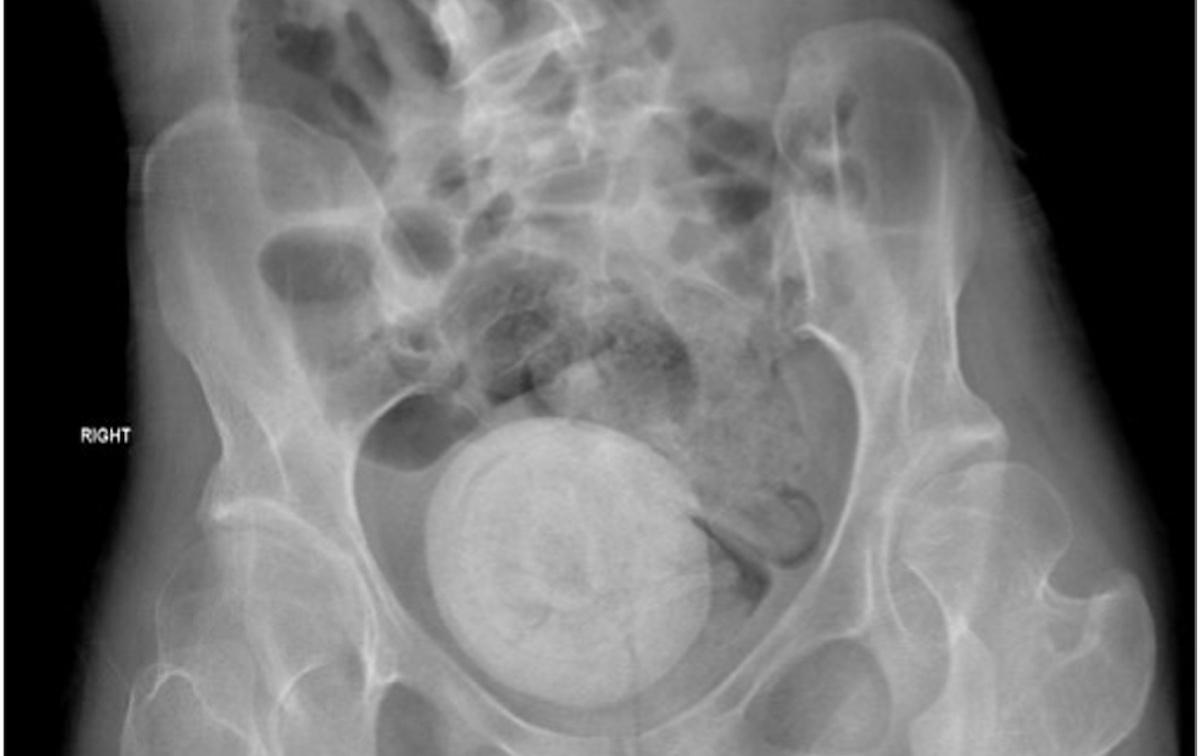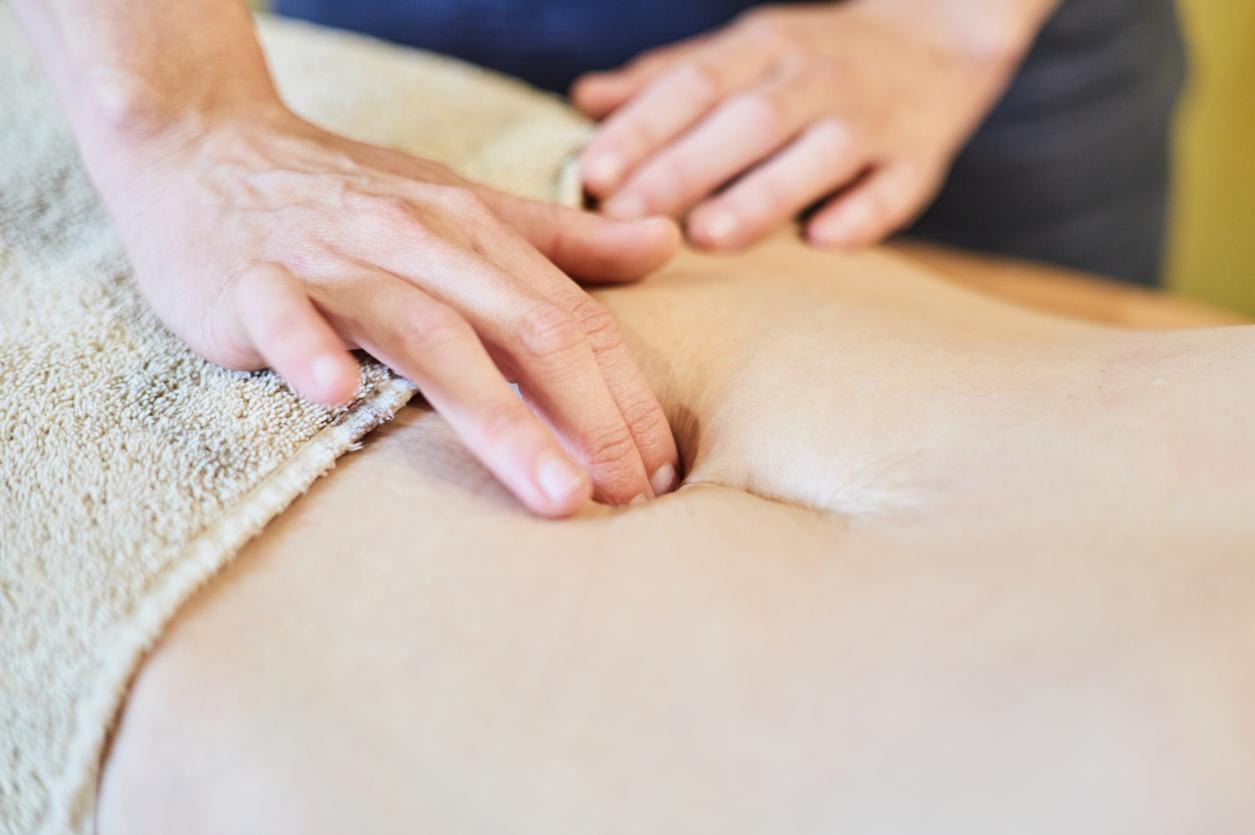Vaginal depression, also called vulvodynia, can be very debilitating for patients who suffer from it. The NHS has given a precise definition to better diagnose this disease which remains unknown to health professionals.
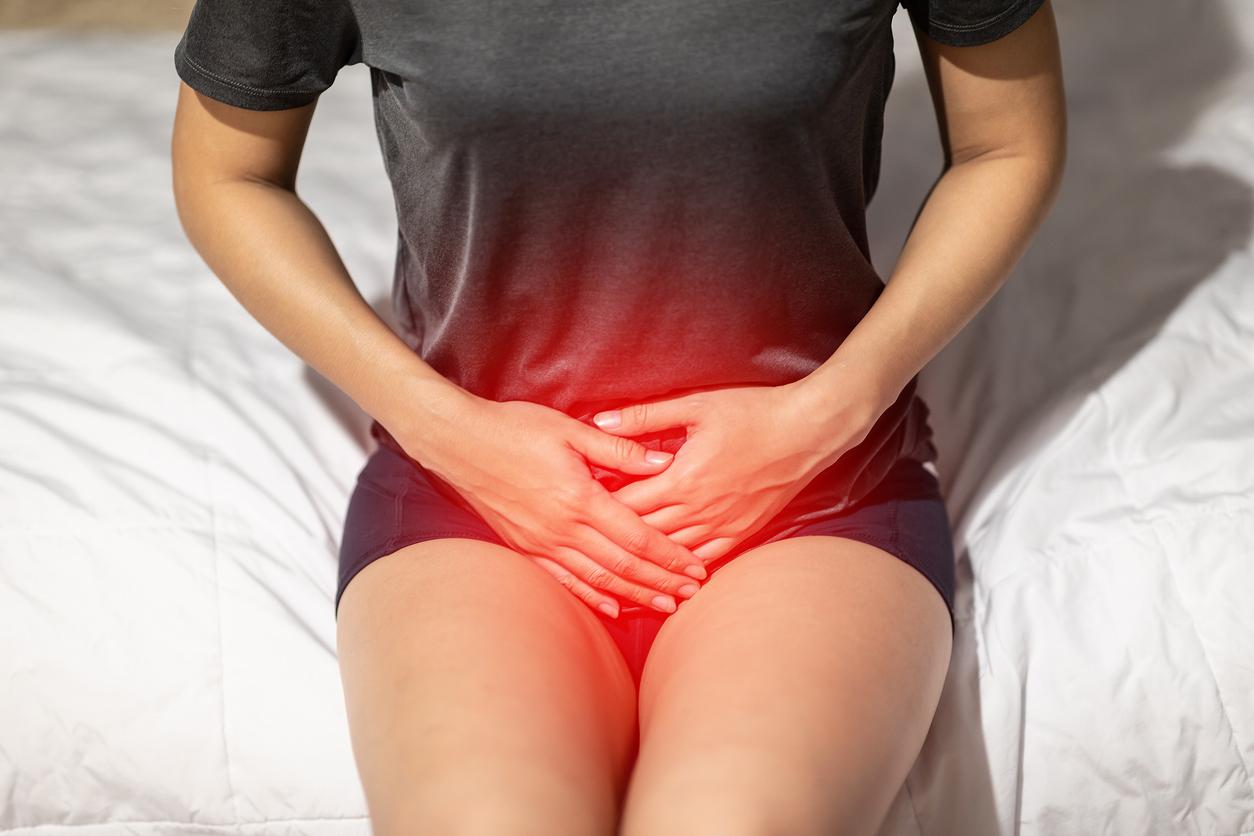
- Vaginal depression, or vulvodynia, manifests itself as a burning or tingling sensation in the vulva.
- This condition is increasingly common but remains poorly understood by doctors.
- Certain treatments can relieve vulvodynia; it is necessary to consult your general practitioner and gynecologist.
A growing number of women suffer from vaginal depression, a condition little known to gynecologists. In medical terms, this condition is called vulvodynia. “Vulvodynia is persistent and unexplained pain in the vulva (the skin around the entrance to the vagina, editor’s note)”specifies NHS.
Vaginal depression: what are the symptoms?
Patients with vulvodynia experience a very painful burning or tingling sensation at the entrance to the vagina, although there are no outward signs of infection or skin disease. The pain worsens with the slightest touch, such as during sex, using a tampon or even just sitting, it can be felt all the way up to the buttocks and inner thighs.
This chronic pain can affect libido as well as social relationships, creating a feeling of isolation. In some cases, they can cause depression. If these symptoms appear, it is necessary to consult a general practitioner and a gynecologist. The NHS said: “Simply being diagnosed can help relieve the pain of women who felt like they couldn’t be helped for years due to a lack of visible symptoms.”
“The exact cause of this condition is unknown, but the problem is thought to be in the nerves that innervate the vulva.”estimated Dr Vanessa McKay, spokesperson for the Royal College of Obstetricians and Gynaecologists.
What type of patients are affected?
All women can be affected by vulvodynia, regardless of their health or age; young girls or the elderly are also affected. In the United States, research has found that one in four women will experience vaginal depression at least once in their life.
Vulvodynia: what treatments?
To treat vulvodynia, doctors sometimes use antidepressants (amitriptyline and nortriptyline) to relieve nerve pain, hence the name “vaginal depression.” Anti-epileptic drugs (gabapentin and pregabalin) are also likely to ease symptoms, as traditional painkillers such as paracetamol are not effective. Injections of local anesthetics and steroids may also be given, and in rare cases surgery to remove part of the vulva is advised.
On a daily basis, the patient can also respect certain rules: try to reduce stress, follow physiotherapy, wear cotton underwear, avoid scented hygiene products such as feminine wipes, bubble baths and soaps, protect yourself from chlorine, do not touch your vulva, choose sexual positions that do not cause pain or even interrupt your sex life while waiting for the treatment to be effective, and if pain occurs while sitting, use a cushion in the shape of buoy. Additionally, applying cold gel packs to the vulva, using a lidocaine-based anesthetic gel, or using vaginal lubricants can help soothe the area and help moisturize if the vulva is dry. .









